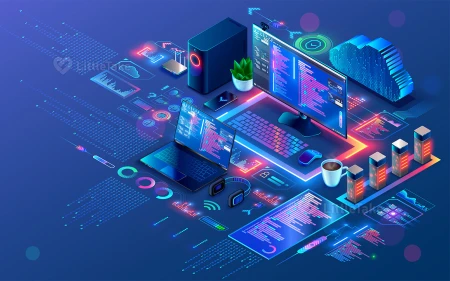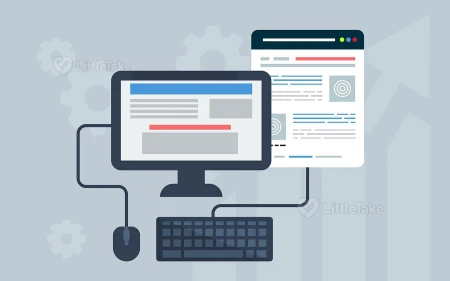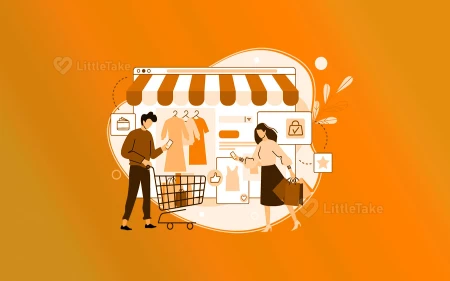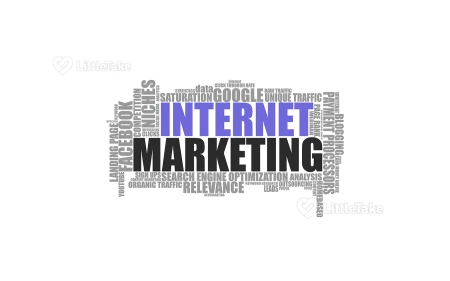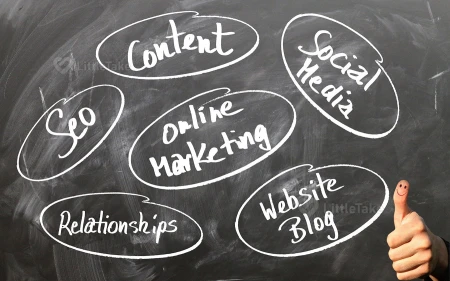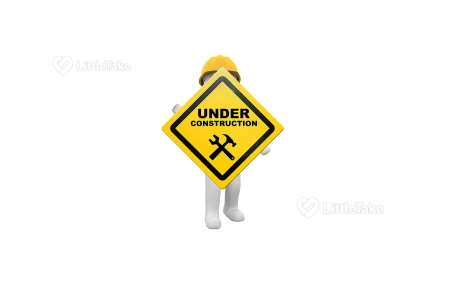
The world of content creation and distribution has been undergoing a revolution in recent years. With the rise of the internet, it became easier than ever to create and distribute content to a global audience. However, this has also led to a number of challenges, such as issues of ownership and compensation for creators, as well as concerns around censorship and control over the distribution of content.
The Promise of Web3
Web3 is a new paradigm for the internet that promises to solve many of these challenges. At its core, Web3 is about creating a more decentralized, peer-to-peer web that is owned and controlled by its users, rather than a handful of centralized corporations.
One of the key promises of Web3 is the ability to create new models of content ownership and compensation. With Web3, content creators can leverage blockchain technology to create unique digital assets that can be sold or traded on decentralized marketplaces, providing a new source of revenue and a way to establish ownership and control over their work.
Challenges and Opportunities
Of course, Web3 also presents its own set of challenges and opportunities for content creators and distributors. On the one hand, it offers the potential for greater control and ownership over content, as well as new revenue streams. On the other hand, it requires new technical skills and knowledge, as well as a willingness to navigate a complex and rapidly-evolving ecosystem.
Despite these challenges, there are many exciting opportunities for those willing to embrace Web3. For example, new decentralized content platforms are emerging that offer greater control and ownership over content, as well as new models of compensation for creators. These platforms also offer the potential for greater security and privacy, as they are less susceptible to censorship and data breaches.
The Future of Content Creation and Distribution
Overall, Web3 represents a major shift in the way we create, distribute, and consume content. By empowering individuals and communities to take control of the web, it promises to create a more democratic and equitable internet that is less susceptible to the whims of centralized corporations and governments.
As we move into the future, it will be interesting to see how content creators and distributors continue to adapt to these changes, and how Web3 evolves to meet the needs of its users. One thing is clear: the future of content creation and distribution is looking more decentralized and user-centric than ever before.













